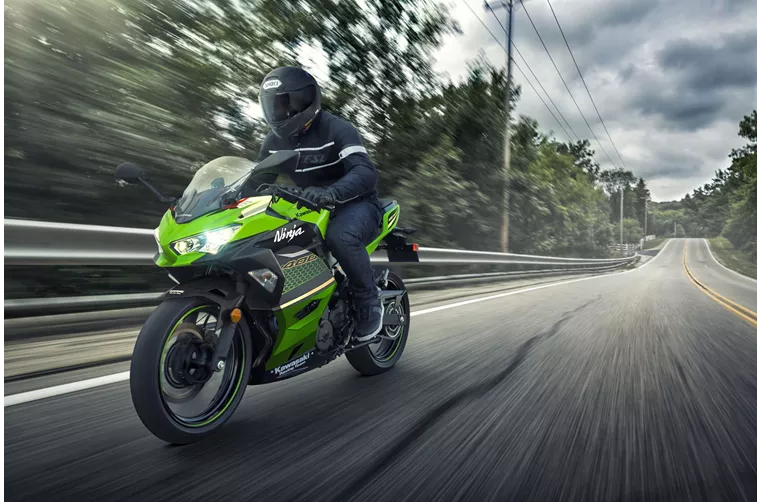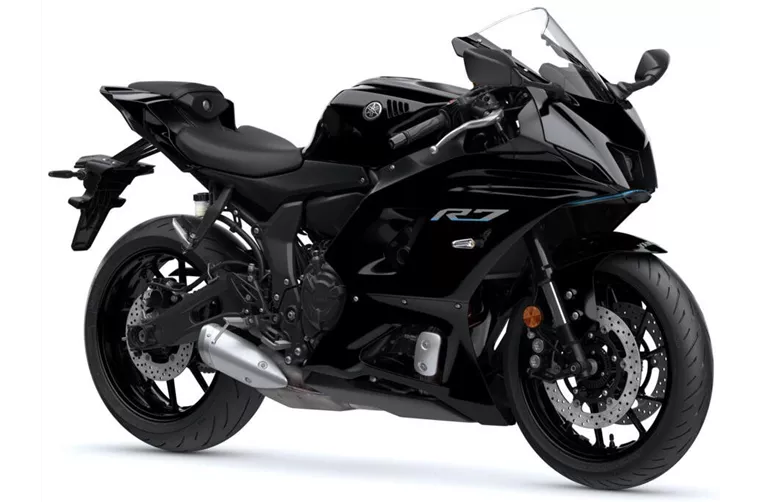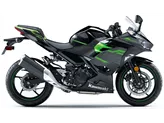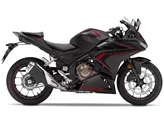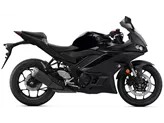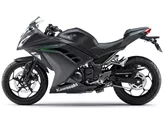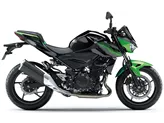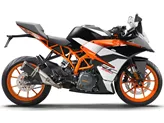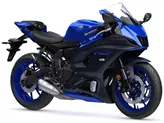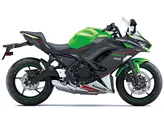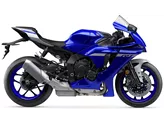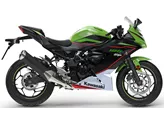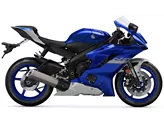Kawasaki Ninja 400 2020 vs. Yamaha R7 2022
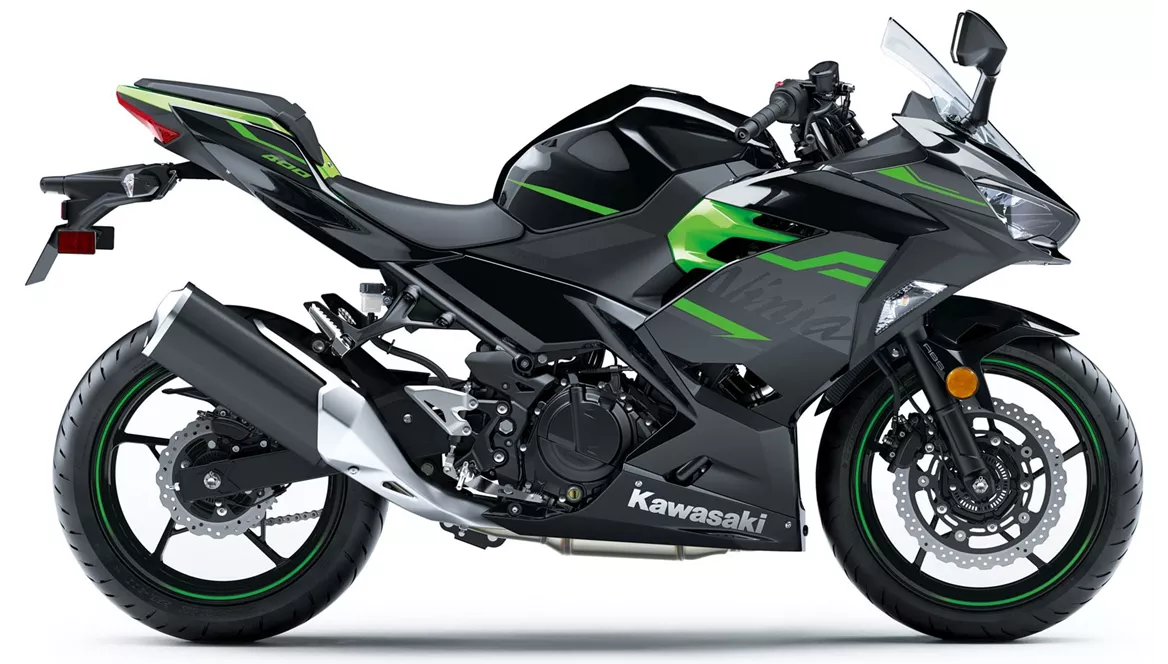
Kawasaki Ninja 400 2020
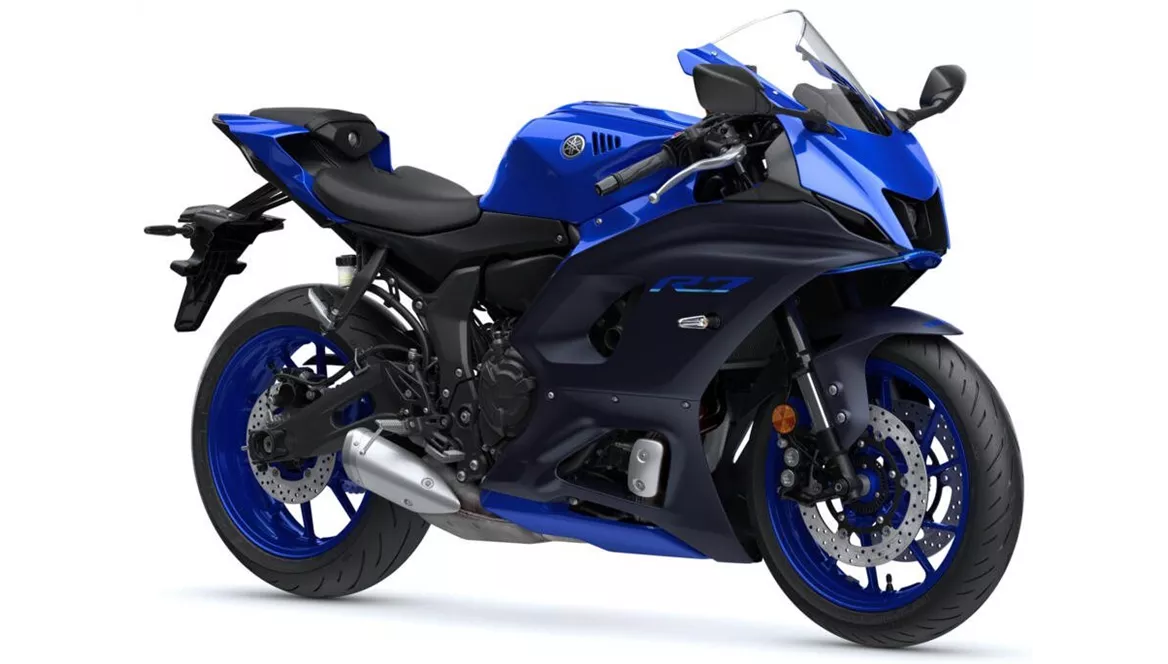
Yamaha R7 2022
Overview - Kawasaki Ninja 400 2020 vs Yamaha R7 2022
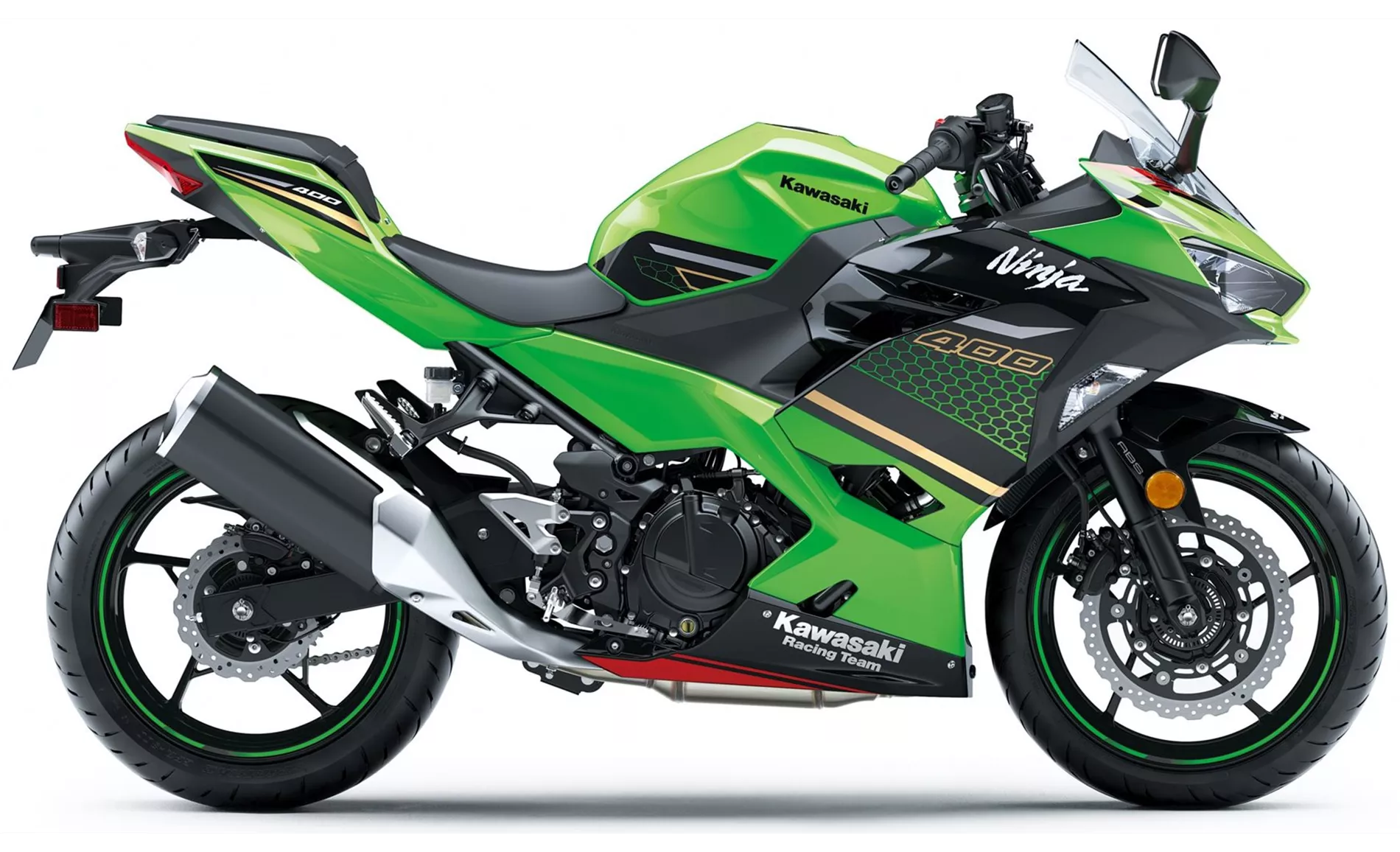
Kawasaki Ninja 400 2020
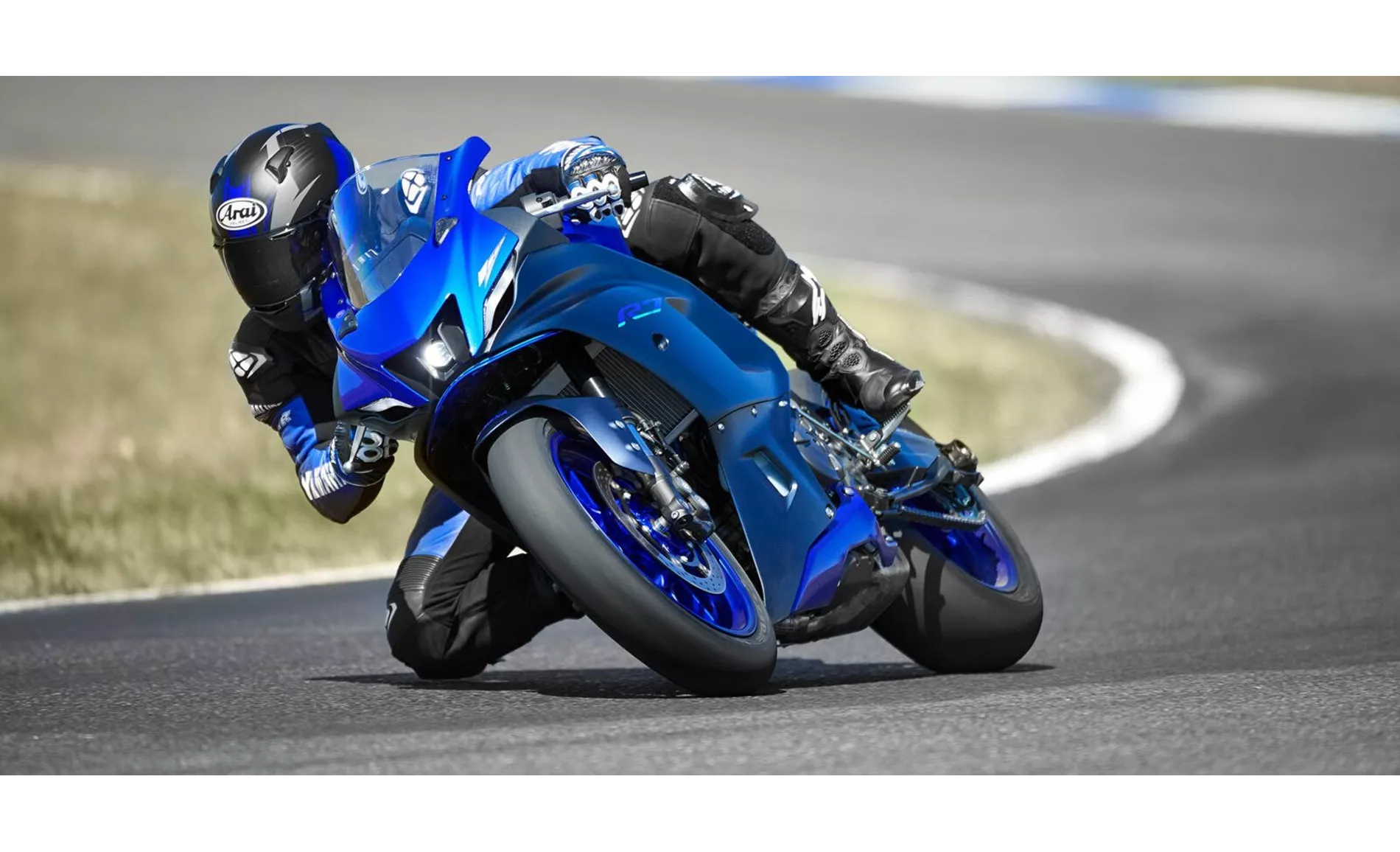
Yamaha R7 2022
Technical Specifications Kawasaki Ninja 400 2020 compared to Yamaha R7 2022
Pros and Cons in comparison
Pros and Cons in comparison
Kawasaki Ninja 400 2020
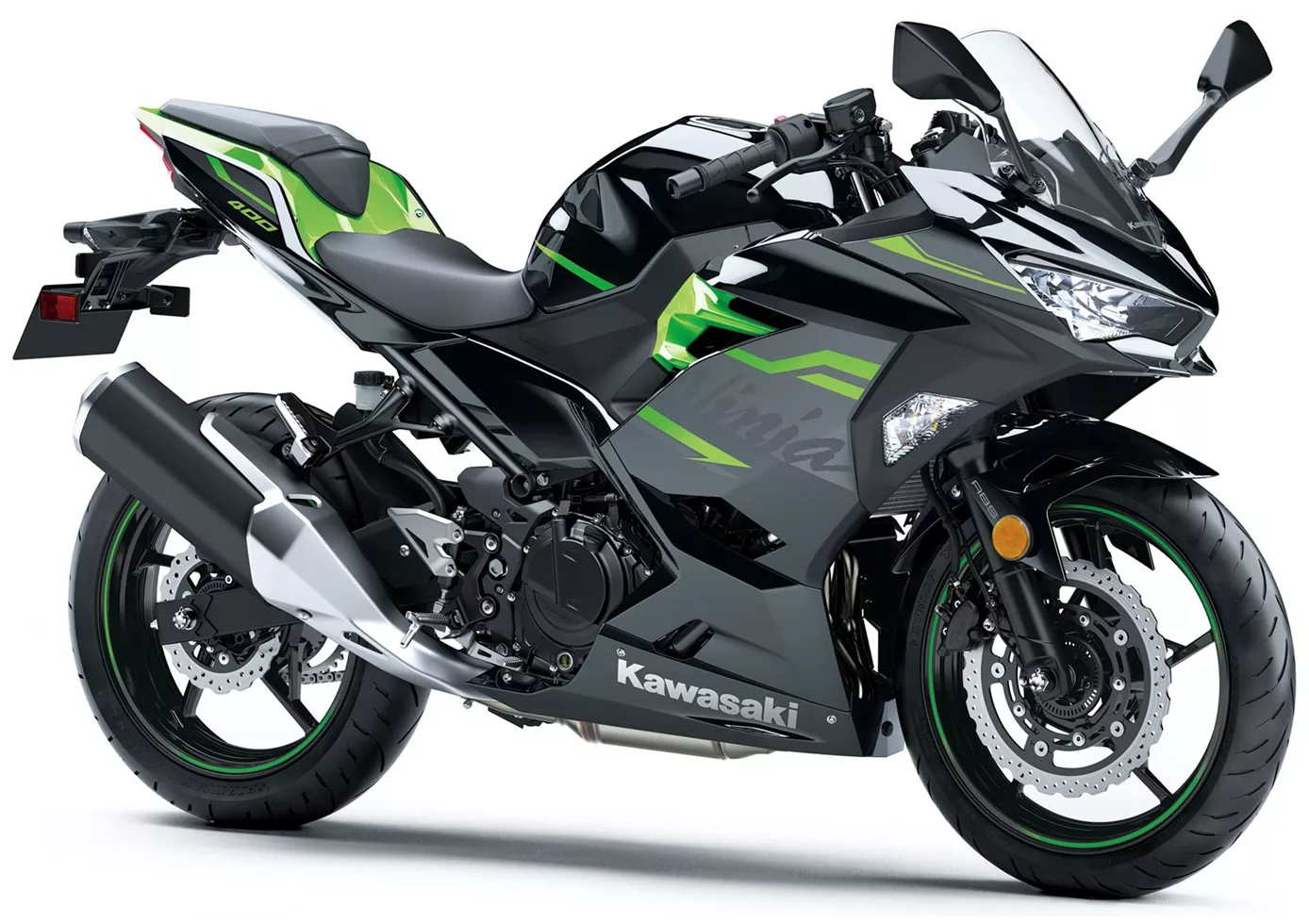
In summary, the Ninja 400 could be described as the perfect entry into the supersport world. You can't get more power with A2, the looks suggest much more power, the vehicle is playful to ride, is forgiving in every respect and still allows a really sporty riding style. Those who had legitimate concerns about the lack of power on the various 250 cubic machines now have no more excuses. Ninja 400, it's good to have you!
Yamaha R7 2022
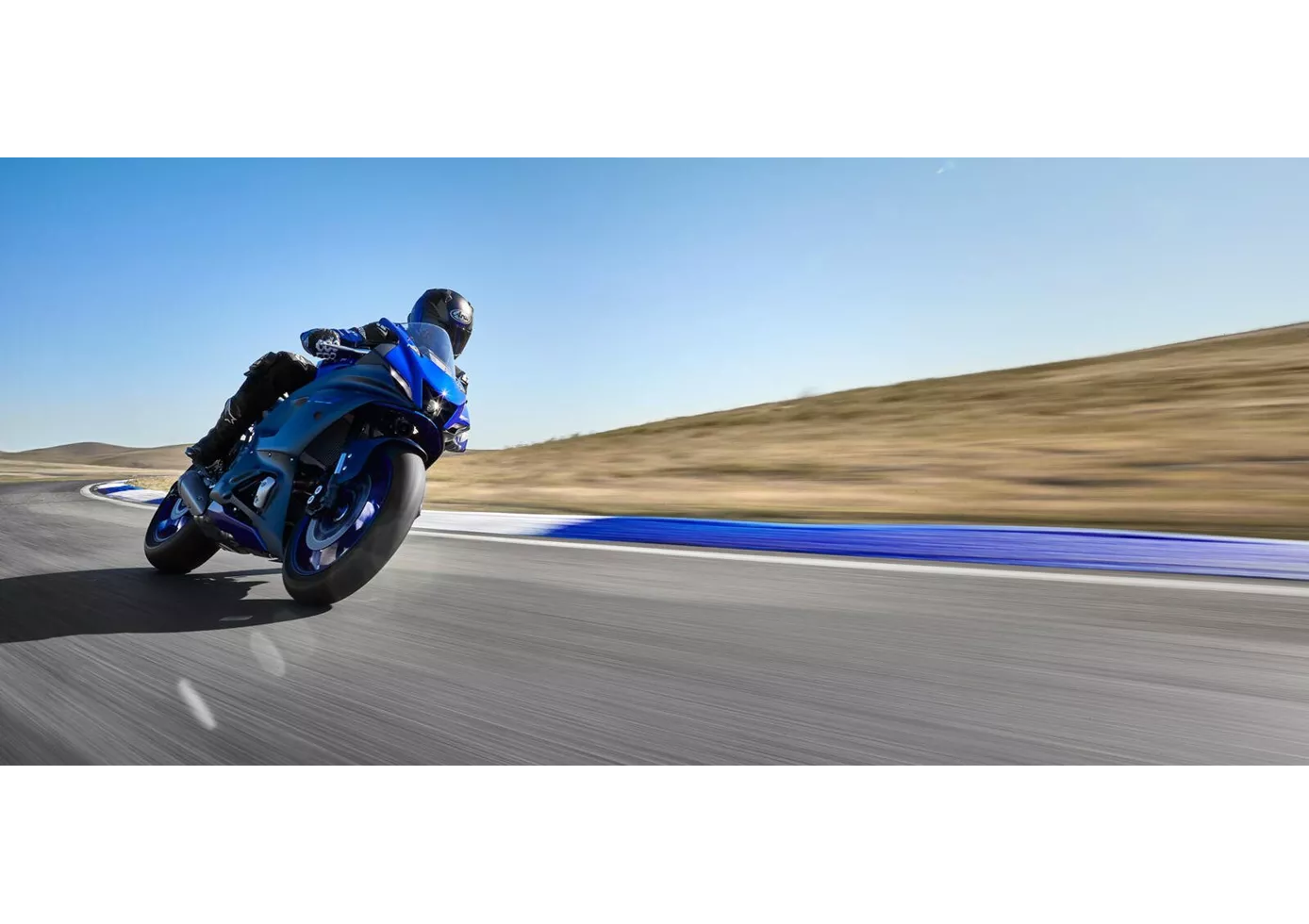
Those who expect the Yamaha R7 to be a half-hearted solution will be surprised at how well-balanced the little supersports bike is. Of course, the engine with just over 70 hp doesn't have what it takes to challenge the R6, for example, but the engine with its punch from below fits the character perfectly. The chassis components are of high quality, even fully adjustable at the front, and the handling of the slim grenade is absolutely awesome. The seating position is fine, not as radical as on a real super sports bike, and therefore suitable for everyday use.
